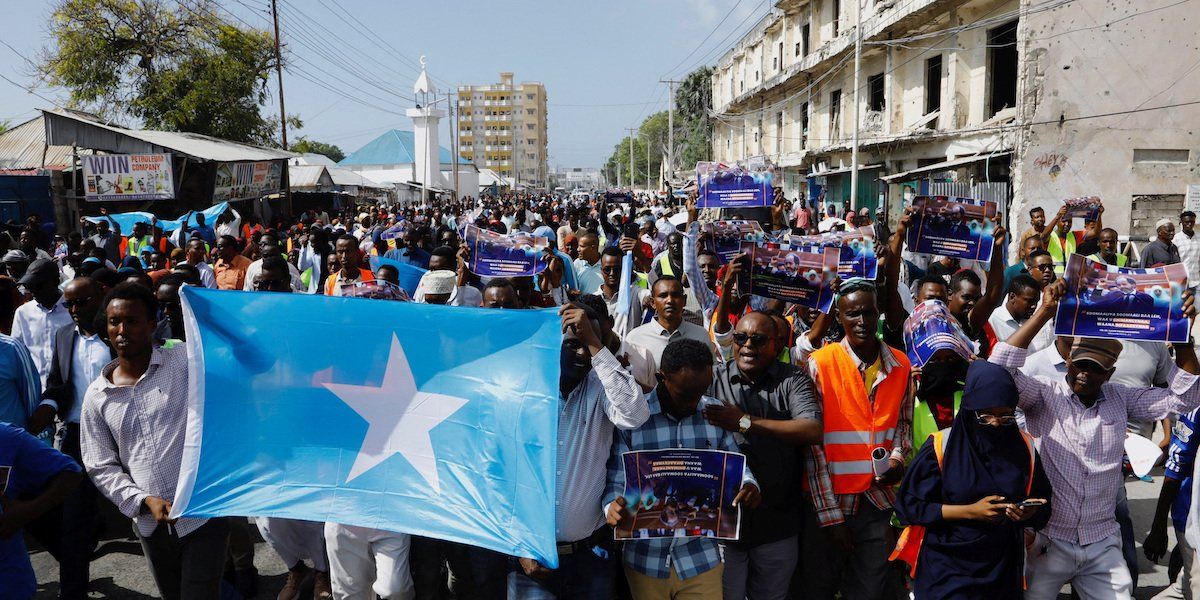Ethiopia and Somalia’s relationship is in free fall, and Addis Ababa is taking steps toward recognizing Somaliland – a breakaway de facto country Somalia considers its own – in exchange for access to the Red Sea. Somalia has deemed the agreement illegal, but that is unlikely to deter landlocked Ethiopia, which is militarily dominant and desperate for port access.
Ethiopian Prime Minister Abiy Ahmed has been calling for sea access for months. After initially pressuring neighboring Eritrea, it realized it had more leverage over Somaliland, which granted it access to the UAE-developed Port of Berbera in exchange for a vague promise of eventual recognition and a stake in Ethiopian Airlines. Ahmed hopes the port partnership may help Ethiopia's dwindling economy, which he blames on its lack of ports.
Somaliland is divided on the deal. While it promises international recognition and economic gains, it has triggered protests across Somaliland over fear that it compromises their sovereignty. The defense minister resigned because the agreement grants Ethiopia permission to develop a naval base and station troops on the coast.
For Somalia, which lost control of Somaliland in 1991, Ethiopia’s recognition is opening a door that could greatly weaken the government if more countries follow suit.
Somali President Hassan Sheikh Mohamud has called on his nation’s youth to prepare to defend the country, “by all means necessary.” But Ethiopia’s military is a goliath compared to Somalia’s, and right now Mogadishu appears to be seeking international diplomatic support, not head-to-head conflict.
